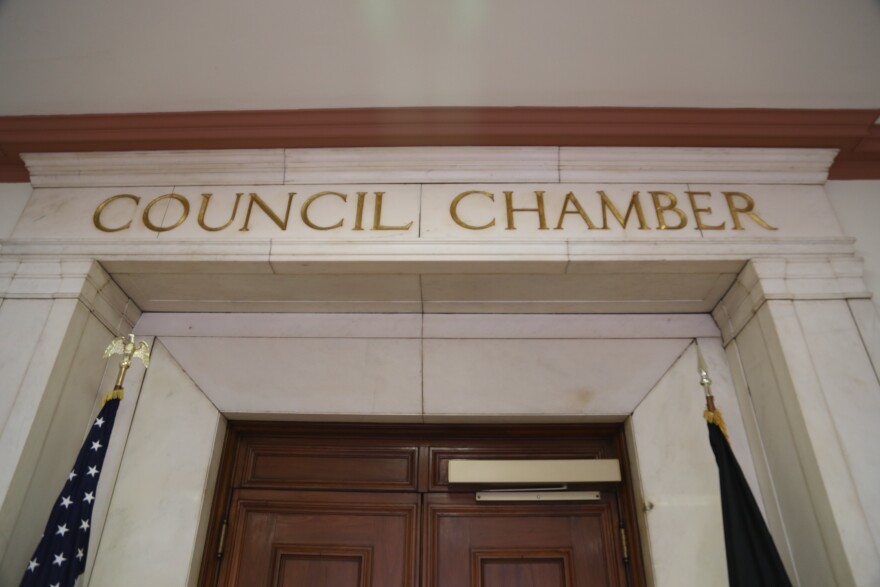Pittsburgh City Council approved the transfer of nearly $95 million in federal COVID-19 relief funds to city authorities and a nonprofit Tuesday, rejecting complaints that doing so would hamstring future leaders and result in less transparency.
Council approved $17.5 million to go to Pittsburgh Water and Sewer Authority to complete lead-line replacement projects — a long-time priority. Another vote allocated $74.8 million to the Urban Redevelopment Authority, for use in affordable housing and neighborhood redevelopment initiatives. The Pittsburgh Parking Authority will receive $80,000.
Perhaps most controversially, $2.5 million will go to nonprofit OnePGH for a guaranteed income program. Over the next two years, the nonprofit will allocate $500 to 200 low-income households, with an emphasis on households led by Black women. Other low-income households can qualify, and beneficiaries will be selected randomly.
Deb Gross was the lone "no" vote on all four bills, revisiting concerns aired when the city's overall plan for the federal money was passed earlier this summer. (Councilor Anthony Coghill joined her in opposing the guaranteed income transfer.) Critics have argued that the city was committing funds too quickly and without adequate public input, and that with Mayor Bill Peduto heading out the door, a new administration would find its hands tied.
"We don't get another check from the federal government until May or June 2022, when our second installment of $167 million," Gross said Tuesday. "The combined $335 million is supposed to last us for four years. And yet we are sending checks to outside authorities for them to hold the funds for no reason."
Gross singled out OnePGH, a 501(c)(3) nonprofit whose eight-member board includes five current or former members of the Peduto administration. Under the bylaws, future board members will be selected by existing board: Gross said that council should have representation from council, similar to the practice at the Carnegie Library, which receives the proceeds of a city library tax.
"There should be control of OnePGH's board by the mayor of the city of Pittsburgh and city council for the city of Pittsburgh," Gross said.
OnePGH is not in line to receive city revenues, though it was created as an alternate means of having large nonprofits and others help fund the city's needs.
Council did some conditions to the federal fund transfers, adding language that requires the authorities to provide quarterly financial updates, and giving the city controller's office authority to audit the use of the money.
City Controller Michael Lamb, who has also been skeptical of the city's plans for the federal COVID aid, said that despite the change, he would release the funds only when the authorities drafted specific plans to spend money on the causes that city officials had specified early this summer.
“I appreciate the modifications made to the American Rescue Plan Trust Fund legislation to codify our auditing authority over all bodies receiving funds," he said in an emailed statement. "[T]he Controller’s office will hold funds until the authorities and non-profits have actual spending proposals."
In separate action, council unanimously approved legislation to allow paid bereavement leave for city workers experiencing pregnancy loss.




